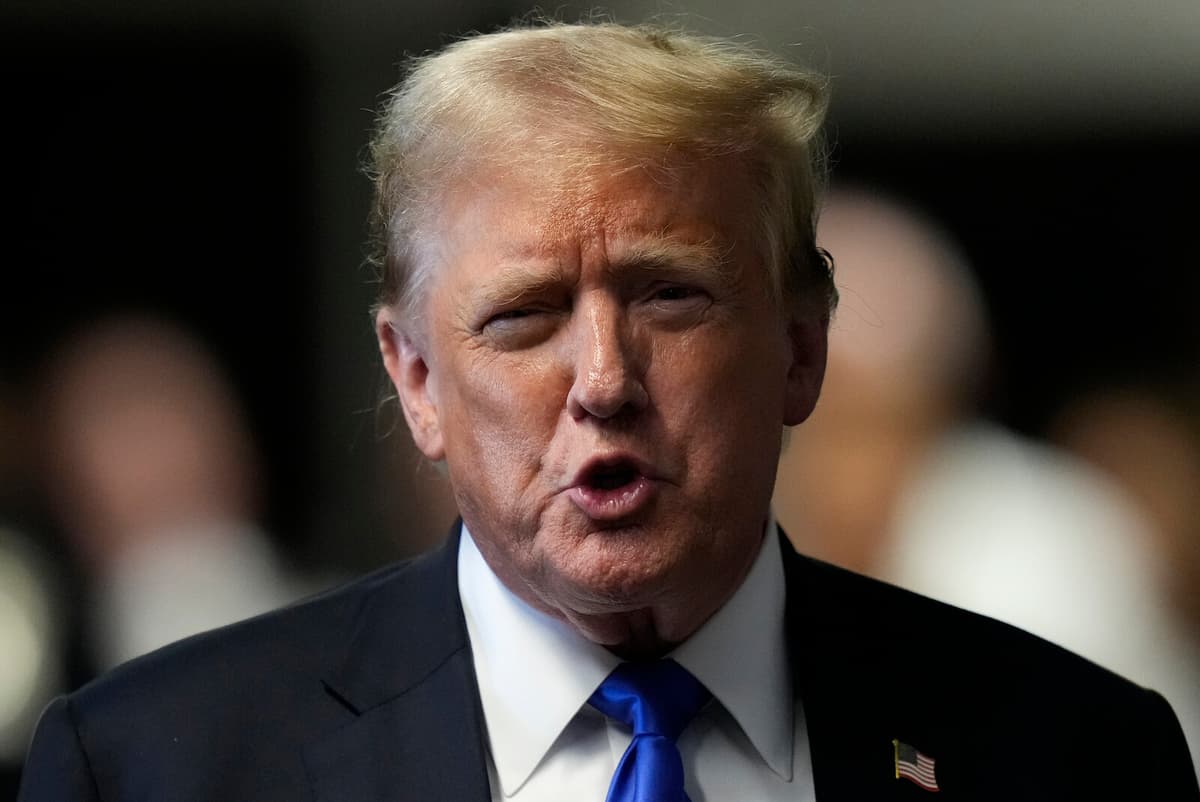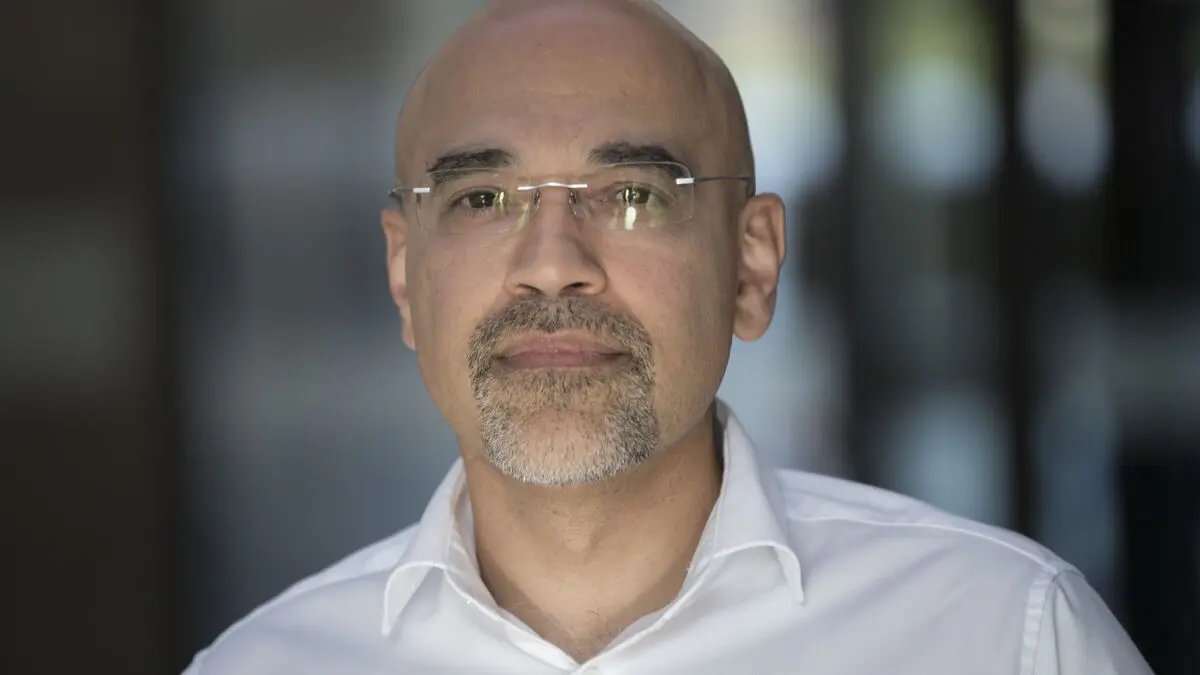The prosecutors submitted their statement to the New York court, which is expected to decide on whether the case – and the conviction – against him should be dismissed.
Donald Trump was convicted last spring on 34 counts of falsifying documents and violating accounting laws in connection with payments to a porn star.
In light of the Supreme Court's decision this summer, which grants the president extended legal immunity, Trump's lawyers have requested that the conviction be quashed and the case entirely dismissed.
Constitutional interests
The prosecutors wrote on Tuesday that Trump's upcoming presidency does not constitute grounds for dismissing a case that has already been decided in court, but that "constitutional interests" require special consideration – and that a sentence can wait until Trump has left the White House.
In their submission to the court, they further wrote that they are "aware of the demands and commitments that come with the presidency" and that they realize Trump's return to the White House will "give rise to legal questions without precedent".
They wrote further, referring to Trump's conviction by a jury: "We have deep respect for the fundamental role a jury has in our constitutional system".
New York Judge Juan Merchan had given the prosecutors until Tuesday to come up with their thoughts on how the case should proceed. He has not set a date for when a decision on the trial, conviction, and potential sentence may come.
Total victory
Despite this, the Trump camp sees the prosecutors' words as a victory.
"A total and definitive victory", writes his spokesperson Steven Cheung, and continues:
"President Trump's legal team is acting to get the charges dismissed once and for all".
It was in May that Trump was declared guilty on 34 counts in the state case in New York. The trial concerned allegations that Trump had ordered payments to individuals, primarily porn actress Stormy Daniels, who threatened to go public with sensitive information about him during the 2016 presidential campaign – and then tried to conceal it in the accounting of his companies.






